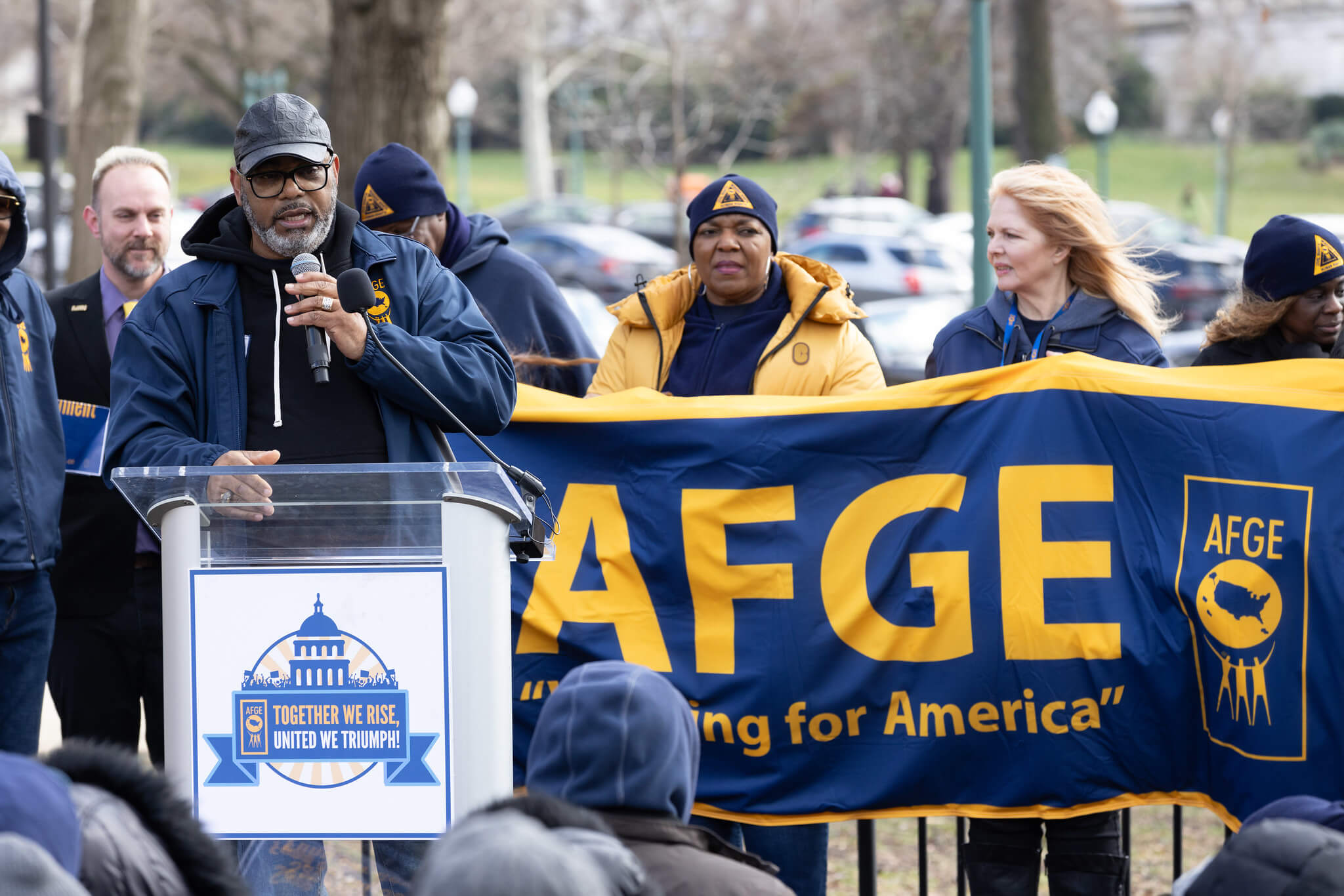More on the Government's Challenge to Bahlul's Counsel
The government has filed a reply brief in the dispute over whether Ali Hamza Ahmad Suliman al Bahlul's counsel, Michel Paradis, properly represents Al Bahlul in the D.C. Circuit appeal of his military commission conviction and sentence. The earlier briefs in this matter, which could result in the dismissal of Bahlul's appeal, are available here and here.
Published by The Lawfare Institute
in Cooperation With

The government has filed a reply brief in the dispute over whether Ali Hamza Ahmad Suliman al Bahlul's counsel, Michel Paradis, properly represents Al Bahlul in the D.C. Circuit appeal of his military commission conviction and sentence. The earlier briefs in this matter, which could result in the dismissal of Bahlul's appeal, are available here and here. In the latest brief, the government argues:
The purpose of the government’s Motion was to apprise the Court of facts indicating that Mr. Michel Paradis, an attorney who has filed a petition for review in this case on behalf of Ali Hamza Ahmad Suliman al Bahlul (“al Bahlul”), has not been authorized by al Bahlul to pursue this appeal and, to the contrary, has been instructed by al Bahlul not to pursue an appeal on his behalf. Specifically, the government informed the Court that al Bahlul repeatedly refused to meet with Mr. Paradis when Mr. Paradis tried to visit him at U.S. Naval Station, Guantanamo Bay, Cuba, for the apparent purpose of discussing an appeal and, on the one occasion when al Bahlul did meet with Mr. Paradis, al Bahlul requested that a government representative be present to witness his instructions to Mr. Paradis to take no actions to pursue an appeal, or to do anything else, on his behalf. See Decl. of Capt. Don A. Martin ¶¶ 6-8, 10 ( Gov’t. Mot. Attach. B). As recently as last month, al Bahlul expressed similar sentiments. He informed the officer, who tried to serve him with a copy of the decision of the U.S. Court of Military Commission Review (“CMCR”) and to inform him of his appellate rights, that he objected to the “‘enemy’ (U.S.) court system” and wanted nothing to do with any lawyers. See Aff. of an Unnamed U.S. Army Major ¶ 8 (Gov’t Mot. Attach. C). In responding to the government’s Motion, Mr. Paradis has presented nothing to rebut these factual averments or to demonstrate that, on some other occasion, he was authorized by his putative client, al Bahlul, to pursue an appeal in this Court. Without evidence of such authorization by al Bahlul, this Court may have no choice but to dismiss the appeal.




.jpg?sfvrsn=407c2736_6)
